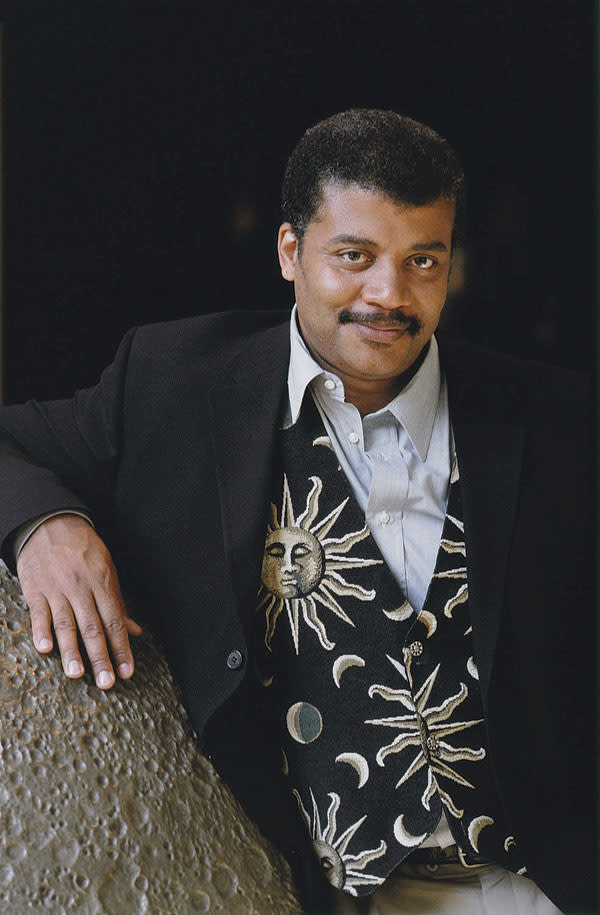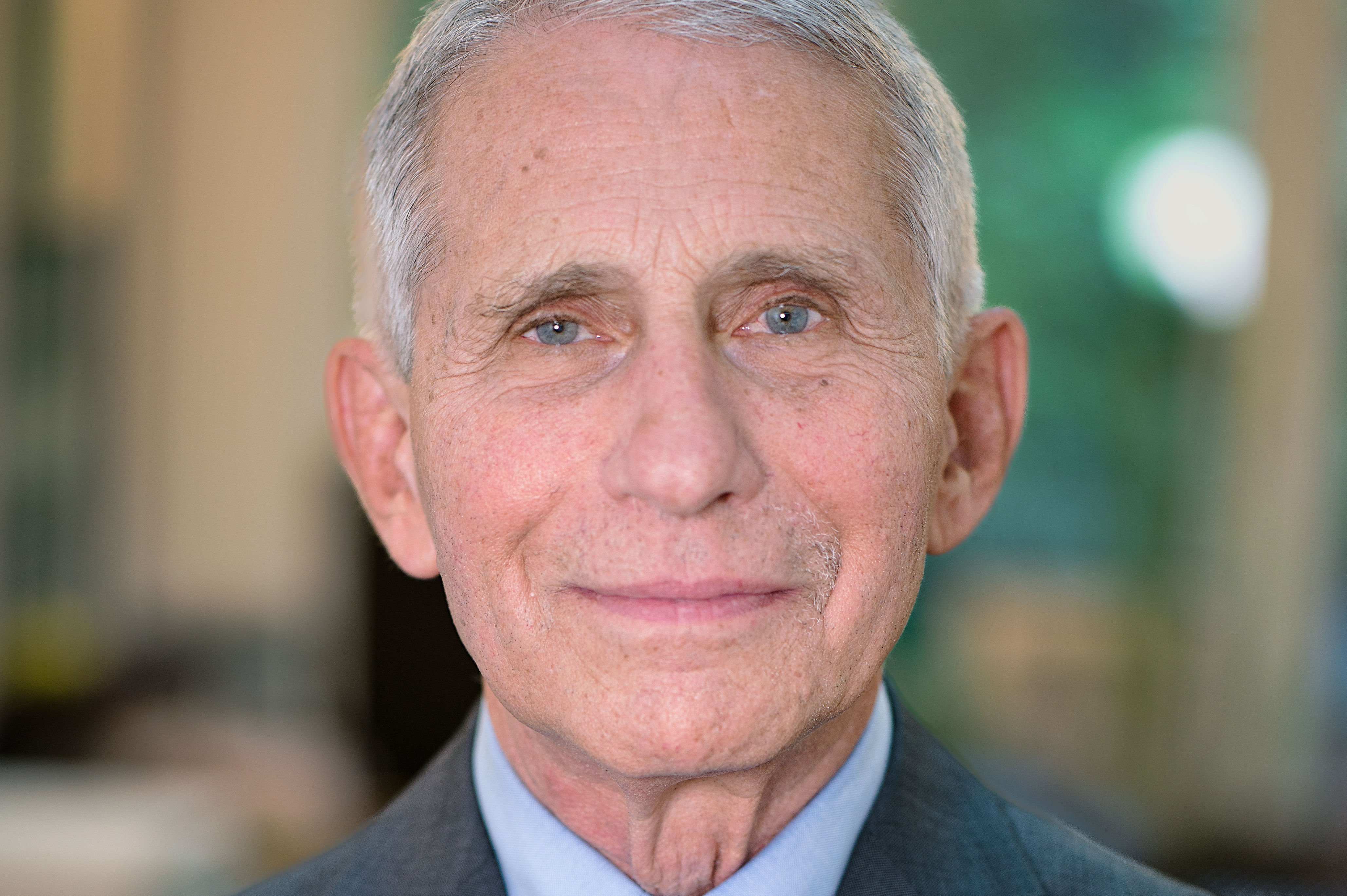Dr. Neil deGrasse Tyson Visits Sarasota for Ringling College Library Association Town Hall Lecture Series

Astrophysicist, author and “rock star” scientist Neil deGrasse Tyson is all over the place talking about space, from last summer’s Cosmos series on TV to his popular podcast Star Talk and starting next month, on the National Geographic Channel, a late-night talk show, also called Star Talk. He’s also in Sarasota March 23 to speak in the Ringling College Library Association Town Hall Lecture Series; we chatted with him about the mysteries of the universe and his hopes to solve some of them.
Q: As a supporter of NASA, what do you think NASA should do next?
A: It’s not so much that I’m a supporter of NASA as that it’s one of the ways we can dream about the future, and it’s a potent force of nature. It’s one way we’ve been able to go from a sleepy country to an innovation nation.
When it comes to what it should do next, I have sort of an unorthodox response. It’s like if you had an interstate system, and you said, ‘Tell me which city you want it to go to.’ You want it to go to all of the cities. The entire solar system becomes our back yard; we can do everything from send tourists to the dark side of the moon to mining on asteroids to maybe deflecting an asteroid that happens to have our name on it. I want it all.
Q: What about the idea of private companies sending rockets into space?
A: NASA has always contracted with private companies; the LEM [Lunar Excursion Module] was a Grumman design, for example. Now there’s talk of NASA engaging private enterprise to do things like sending cargo to the international space station; that kind of business model should have been in place years ago. After all, the post office doesn’t have its own planes. NASA should be reserved for frontier exploration, where the return on investments is risky. When it comes to that, private enterprise is going to ask, ‘How much will it cost? Is it dangerous? Will people die? And what’s the return on investment?’
Sure, someone like Bill Gates could fund a one-off, but that’s not a stable business model. The first New World exploration was not by the Dutch East India Company, but Queen Isabella handing Columbus a satchel of flags and saying, ‘Go plant them wherever you can.’ Then private enterprise comes in.
Q: If you were going into space yourself, where would you want to go?
A: NASA has gotten us all to think that orbit is space. But if you take a schoolroom globe, the distance to the space station is just three-eighths of an inch. Send me to a destination—Mars or the moon. That’s where I’d want to go
Q: Are you encouraged when you talk to people about space and astronomy, as far as their interest in it?
A: I don’t really worry about young people; it’s scientifically illiterate adults who are making decisions without the benefit of science that concern me. There’s an appetite out there we are serving; after all, The Big Bang Theory is the No. 1 show on TV in any genre. But unless adults do the right things, the STEM careers that middle schoolers want won’t be there when they grow up.
Q: Your thoughts on the hit movie Interstellar?
A: I don’t offer opinions on the film as such, but the science adviser on that movie was also the executive producer, so the filmmakers couldn’t ignore what he said. I think the film was ambitious and insightful.
Q: What most intrigues you in your field right now?
A: I want the flying cars! Other than that, what I want to know before I die is what dark matter is, what dark energy is, and if there is other life in the universe.
Q: You communicate so naturally to ordinary people about complicated issues. Did you have to work at that?
A: Yes, I did. I pay close attention to the attention span of an audience. I remember going on TV with my first big interview about a new planet, and by the time it landed on the air it was completely sound bit. So I practiced sound bites, because that’s what they want. With audiences I need to know their backgrounds, their political leanings, their hobbies, etc. You find the key to whom you’re speaking to.
Dr. Neil deGrasse Tyson | March 23, Van Wezel (941) 925-1343
For more Sarasota arts and entertainment news, click here. >>



